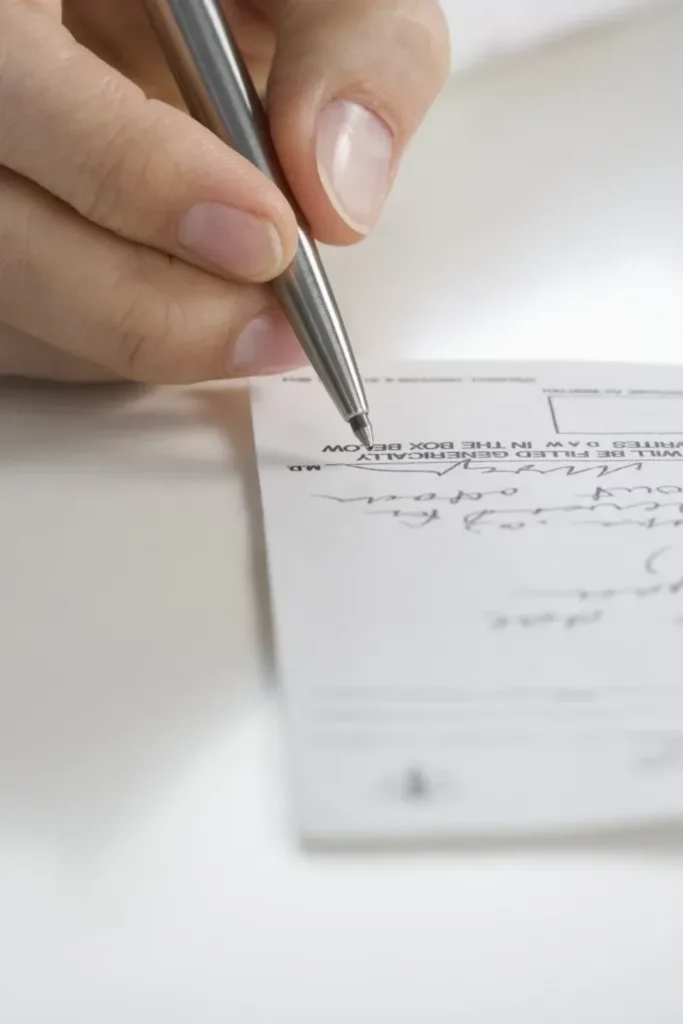‘They didn’t mess around asking lots of questions, they just put their hands on and immediately knew what was wrong’
Over the years I’ve heard patients offer up their verdicts on a range of healthcare professionals, lauding their ability to diagnose using the art of touch (or palpation as we like to call it in physiotherapy). There is an array of evidence supporting the therapeutic benefits of touch in musculoskeletal pain (1,2) and the importance of a competent physical examination cannot be underestimated. Equally, there are studies which show that a patient’s perception of the care they receive, will more than likely have an influence on their treatment outcome (3). Taking these factors into account, it is understandable why people may perceive that ‘getting hands on’ when assessing, rather than sitting and asking questions is a more positive healthcare experience. Whenever a patient recalls such an experience however, I invariably find my internal dialogue asking the same question ‘what’s been missed?’.
This cynicism is one which has developed over the years, reinforced by experiences of erroneous or delayed diagnoses by fellow healthcare professionals as a result of insufficient history taking. Thankfully, the vast majority of the time the delay in reaching an accurate diagnosis has merely resulted in a prolonged duration of symptoms for the patient, but inevitably it does have the potential to lead to a delay in the diagnosis of more serious pathology.
Whenever I consider the importance of history taking, I almost always recall a conversation I had with an experienced physiotherapist while I worked as a physiotherapy assistant. ‘Your subjective history should tell you 80% of what is going on and your hands on assessment the rest’, he said after I quizzed him following a consultation. Twenty-three years later, I still consider this to be one of the most useful pieces of advice I ever received along my physiotherapy journey, so much so that I suspect I have probably indoctrinated the same advice in countless student physiotherapists over the years while lecturing at University.
Asking questions is THE fundamental part of a physiotherapy consultation, it allows your physiotherapist to be confident that your joint, tendon, ligament or muscle injury is just that and not something else masquerading in the background or as a consequence of another medical condition (e.g. diabetes). It allows your physiotherapist to understand the nature of your problem and how it is affecting YOU and the activities that bring value to YOUR life. Everyone is different and the impact of having a musculoskeletal injury affects us all in different ways, so having a physiotherapist take the time to understand this and tailor their treatment to your needs is invaluable. Furthermore, having the opportunity to ask an array of questions should enable your physiotherapist to plan a more concise physical assessment of what they MUST assess in order to achieve an accurate diagnosis.
In summary, just ‘getting their hands on, rather than asking questions’ is probably doing you a disservice. Although you may feel reassured by the therapeutic touch or the fact you didn’t spend half of your consultation fielding questions, consider the above. You may also want to ask whether your physiotherapist or other healthcare profession has truly taken the time to understand the nature of your problem and has tailored their treatment to meet YOUR needs. After all, if the questions your physiotherapist or other healthcare professional ask give them 80% of their information and you spend most of your time lying on the couch being touched rather than spoken or listened to, chances are something is being missed.

